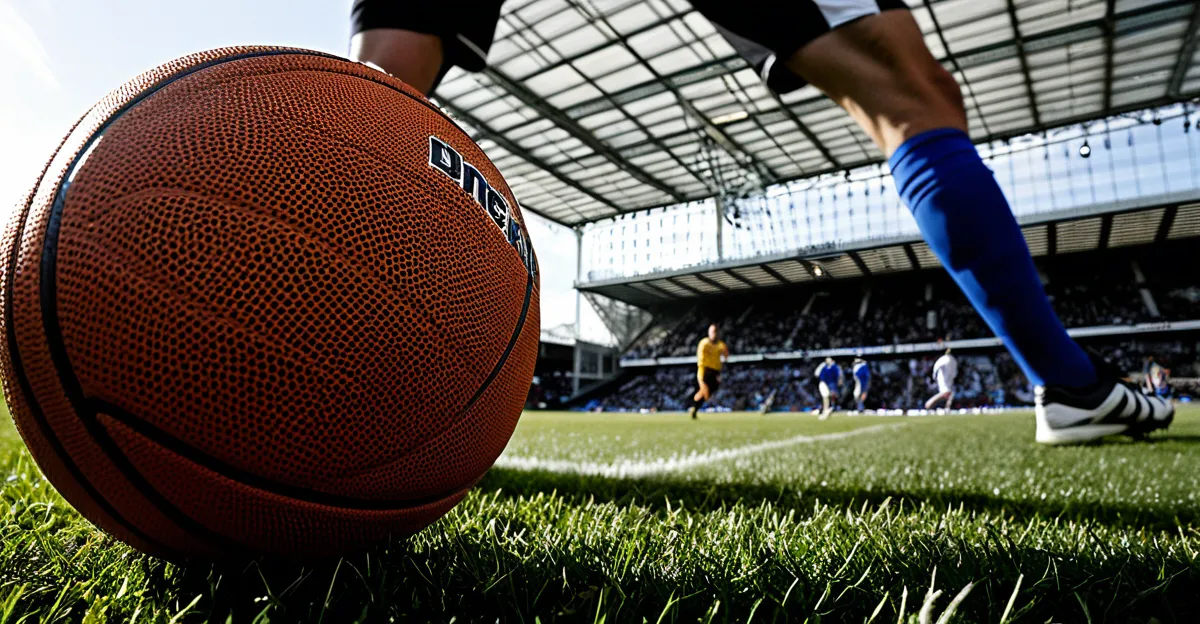Key Milestones in the Evolution of UK Sports
The evolution of UK sports reflects pivotal historical milestones that have shaped British sports development from the 19th century to the present day. One crucial turning point was the Victorian era, when industrialisation and urbanisation dramatically altered leisure patterns. As factory schedules created more structured free time, sports such as football, rugby, and cricket gained organized forms and burgeoning popularity, transitioning from informal pastimes to codified competitions.
This industrial growth also facilitated the rise of sports clubs and leagues, offering working-class communities new avenues for participation that extended beyond elite aristocratic traditions. The establishment of national governing bodies during the late 19th and early 20th centuries marked another major milestone, providing standardized rules and fostering a sports timeline that guided British sports into international prominence.
Also read : How Are UK Schools Encouraging Sports Participation Among Students?
Globalisation further transformed UK sports by amplifying their international reach. British sporting codes found global audiences and were often exported, influencing sports culture worldwide—a prime example being the spread of football’s rules initially developed in the UK. These pivotal moments, embedded within UK sports history, outline a progression from local recreational activities to a global sporting influence deeply tied to British identity and innovation.
Societal Influences on UK Sports
Understanding the societal factors in sports is crucial to appreciating how UK sports culture has evolved beyond mere competition to reflect broader social changes. Historically, gender roles heavily influenced participation and visibility in sports. For much of UK sports history, opportunities for women were limited by prevailing societal norms, restricting access to certain sports and organized competitions. However, progress toward gender equality in sports has marked significant milestones, with increased support for women’s leagues, professionalization, and media coverage. This shift not only expanded participation but also challenged stereotypes about gender capabilities within sports.
Also to see : How Is the UK Supporting Paralympic Athletes?
Social class also played a pivotal role in shaping UK sports culture. Early sports traditions were often the preserve of the upper classes, with activities such as polo and hunting symbolizing elite status. Over time, class and sports accessibility shifted, especially with industrialisation enabling working-class communities to form clubs and access sports like football and cricket. This democratization of sports participation nurtured a rich grassroots culture, bridging class divides and fostering universality in the experience of sport.
Moreover, the portrayal of sports through British media has evolved alongside these societal transformations. Media coverage has amplified the visibility of diverse athletes and competitions, influencing public perceptions and cultural values connected to sports. Televised events, sports journalism, and now digital platforms contribute to how sports are experienced and celebrated across the UK, underscoring the dynamic relationship between society and sports culture. Together, these societal factors highlight the complex interplay between social structures and the vibrant landscape of UK sports.
Iconic Figures and Defining Events in UK Sports
Notable British athletes have shaped the trajectory of UK sports history through remarkable achievements and pioneering contributions. Sports legends such as Sir Mo Farah in athletics and Sir Bobby Charlton in football exemplify the sports timeline by inspiring generations and elevating the status of British sports on the global stage. Their successes symbolize milestones not only in personal careers but also in the broader narrative of British sports development.
Historic UK sports events have left indelible marks on the nation’s sporting identity. The London 2012 Olympics, for example, was a defining moment that showcased British athletic excellence and organizational capability, reigniting national pride whilst encouraging widespread sporting participation. Similarly, multiple FIFA World Cups, both domestic with England’s 1966 victory and international tournaments, have punctuated the sports timeline with moments of unity and celebration for UK sports fans.
The impact of these figures and events extends beyond accolades; they serve as cornerstones for national cohesion and pride. High-profile athletes often become cultural icons, embodying British values like resilience and determination. Their legacies feed into the collective memory, influencing youth involvement and the public’s enthusiasm for sports. Thus, the achievements of notable British athletes and historic UK sports events collectively advance British sports development and reinforce the enduring significance of sport within UK culture.







